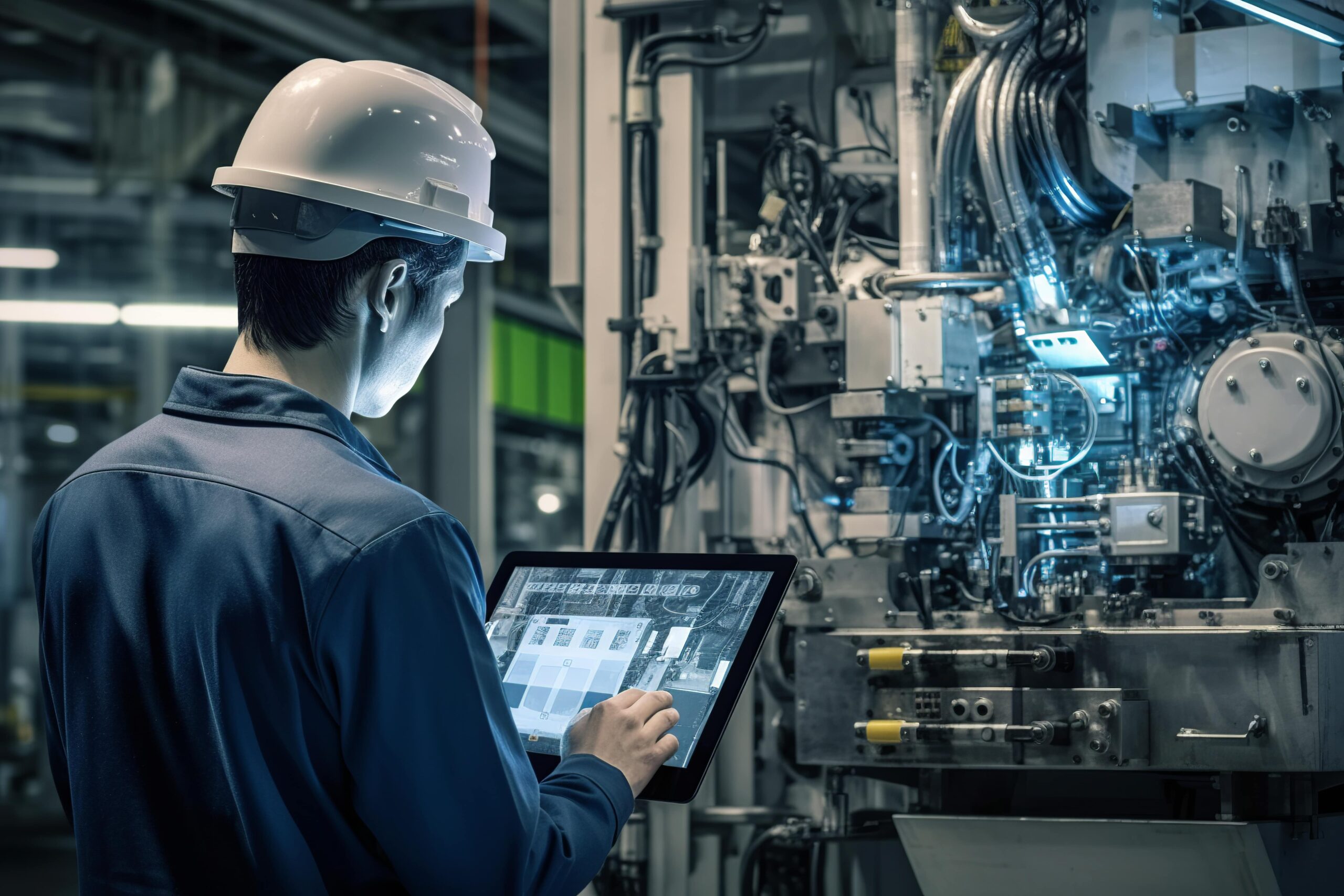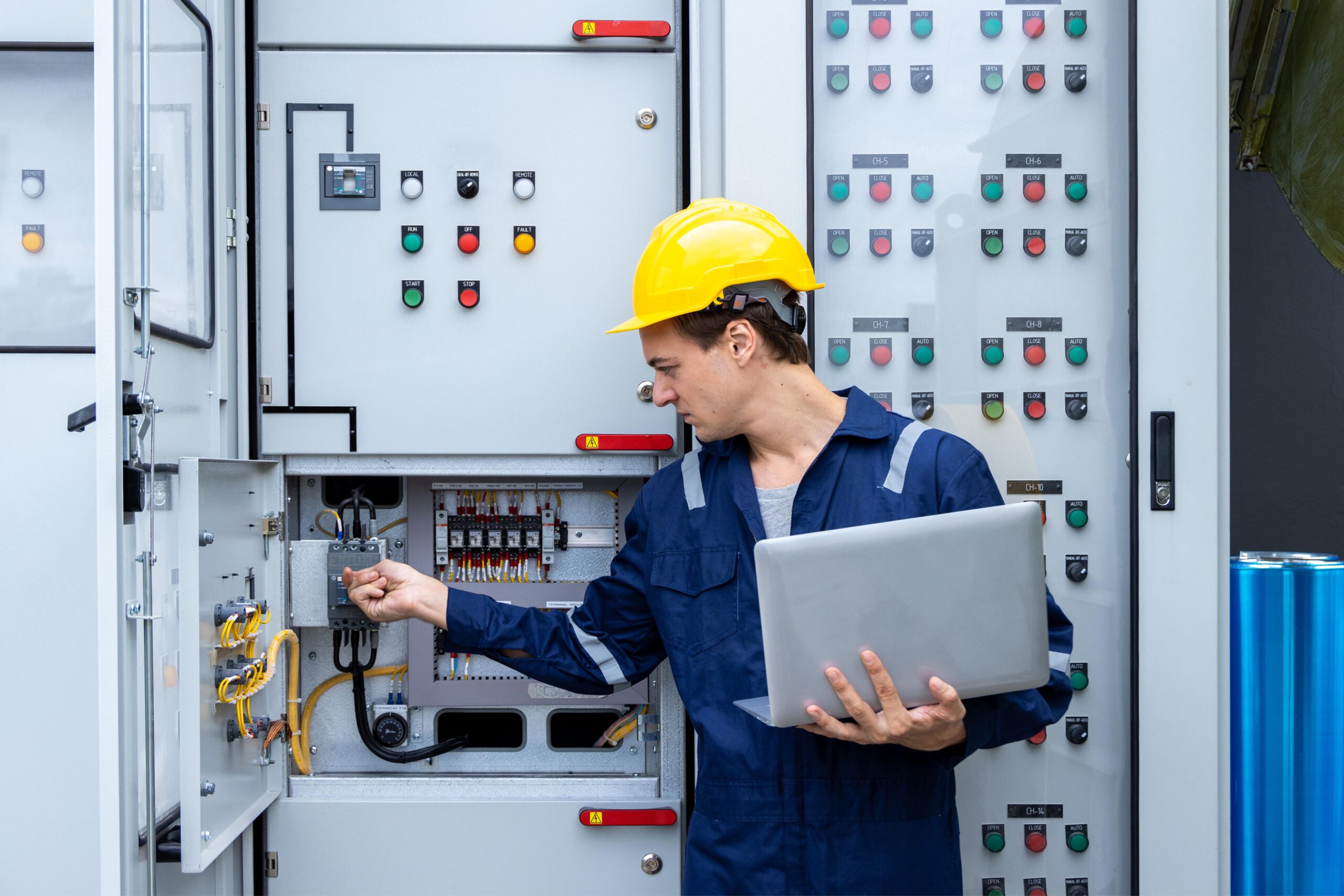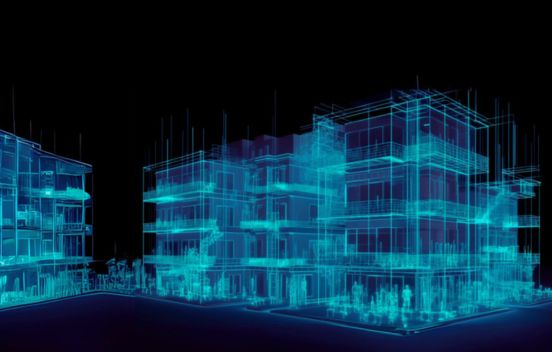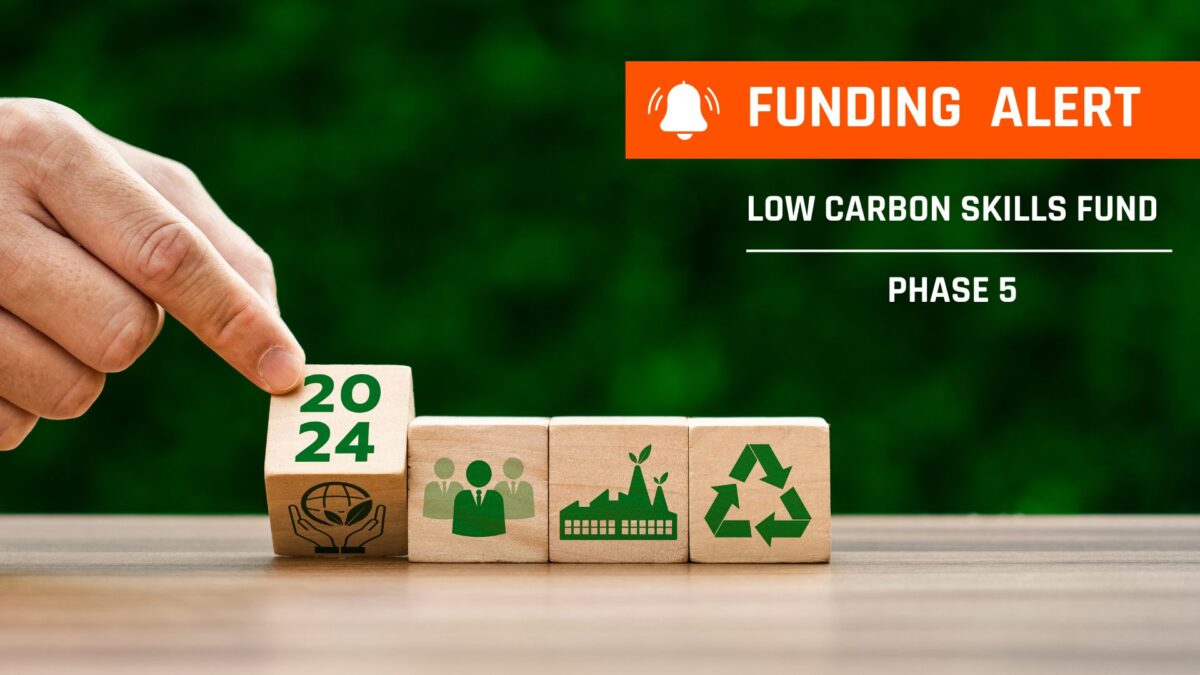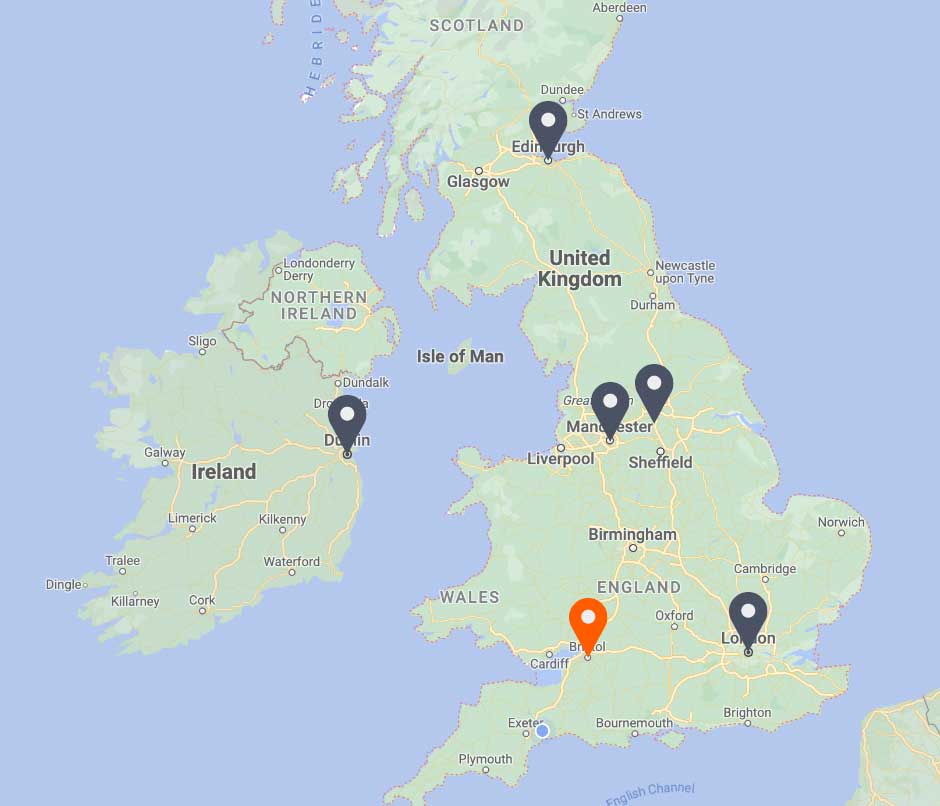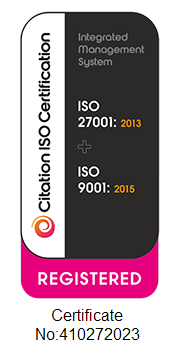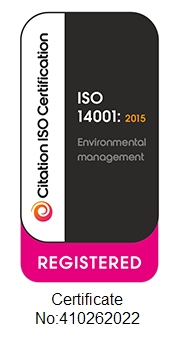THIS ARTICLE AT A GLANCE
CONTACT ETS
If you have any questions or would like to discuss further what you should be doing, ETS is here and willing to help.
Call 0117 205 0542
Email enquiries@energy-ts.com
Submit a contact form
CHECK OUR SERVICES
Internet of Things – Are you using it to the full?

A few decades ago we never thought it would be possible to automatically control the conditions in an entire building. However, the latest technological developments and the IoT have evolved the market, leading to the emergence of what we now know as smart buildings.
A smart building is any building that uses automation to control its operations which can include the heating, ventilation, air conditioning (HVAC systems), lighting, security and more. The goal of a Smart Building is to deliver useful services that help make occupants more productive in their environment, at the lowest cost and with the least environmental impact. While newly constructed properties can be designed to implement all of these smart technologies from the ground up, older buildings can also be converted into a smart building.
Many buildings have not been equipped with a Building Automation System (BAS) or a Building Management System (BMS). Older buildings or small/medium sized buildings may not be able to justify the expense of installing a modern BMS. Typically, these types of buildings have disparate systems that operate independently to one another. As such, they rely on manual operation, which can produce inconsistent performance in respect to energy management and budgets.
You may wonder “how do I track, manage and reduce the amount of energy I use?” Well, one of the advantages of IoT equipment is its ease of deployment. Some IoT equipment can even be implemented on a trial basis to get a snap shot of building performance before any commitment is made.
In some instances, the data pulled from the IoT equipment can be integrated with your BMS, enabling you to not only monitor your system but deliver appropriate information to improve operational efficiency.
Your building should be operationally efficient, comfortable and energy efficient. If you are experiencing problems with your HVAC or control systems or would like advice about the full use of the IoT and what solution to choose, contact us on 0117 379 0850 and speak to one of our Controls Specialists today.
Malcolm Coombes, Senior Controls Consulting Engineer
As our controls specialist, Malcolm supports both our Operations department and our Technical Energy Centre (TEC). Drawing on his extensive experience, Malcolm provides diagnostics to data anomalies and is the lead engineer for all BMS and controls strategy reviews, upgrades and installations.
Final thoughts
If you are looking for an energy management system that is tailored to your business needs, ETS can provide you with 25 years of experience in dramatically improving energy efficiency and reducing environmental impacts. Whether your businesses have individual assets or large international portfolios, ETS can assist you in saving substantial amounts of money while significantly reducing your carbon performance.
To discuss your requirements, get in touch. You can contact us by calling 0117 205 0542 or drop us an email at enquiries@energy-ts.com.
A few decades ago we never thought it would be possible to automatically control the conditions in an entire building. However, the latest technological developments and the IoT have evolved the market, leading to the emergence of what we now know as smart buildings.
A smart building is any building that uses automation to control its operations which can include the heating, ventilation, air conditioning (HVAC systems), lighting, security and more. The goal of a Smart Building is to deliver useful services that help make occupants more productive in their environment, at the lowest cost and with the least environmental impact. While newly constructed properties can be designed to implement all of these smart technologies from the ground up, older buildings can also be converted into a smart building.
Many buildings have not been equipped with a Building Automation System (BAS) or a Building Management System (BMS). Older buildings or small/medium sized buildings may not be able to justify the expense of installing a modern BMS. Typically, these types of buildings have disparate systems that operate independently to one another. As such, they rely on manual operation, which can produce inconsistent performance in respect to energy management and budgets.
You may wonder “how do I track, manage and reduce the amount of energy I use?” Well, one of the advantages of IoT equipment is its ease of deployment. Some IoT equipment can even be implemented on a trial basis to get a snap shot of building performance before any commitment is made.
In some instances, the data pulled from the IoT equipment can be integrated with your BMS, enabling you to not only monitor your system but deliver appropriate information to improve operational efficiency.
Your building should be operationally efficient, comfortable and energy efficient. If you are experiencing problems with your HVAC or control systems or would like advice about the full use of the IoT and what solution to choose, contact us on 0117 379 0850 and speak to one of our Controls Specialists today.
Malcolm Coombes, Senior Controls Consulting Engineer
As our controls specialist, Malcolm supports both our Operations department and our Technical Energy Centre (TEC). Drawing on his extensive experience, Malcolm provides diagnostics to data anomalies and is the lead engineer for all BMS and controls strategy reviews, upgrades and installations.
Related Article
Low Carbon Skills Fund Phase 5 secures £16 million (Public sector)
Building Resilience for Extreme Weather with ETS Solutions Unprecedented effects of climate change are on the rise and in evidence, where extreme heatwaves and wildfires have occurred in Southern Europe
Building Optimisation & BMS Controls during the Summer
Building Resilience for Extreme Weather with ETS Solutions Unprecedented effects of climate change are on the rise and in evidence, where extreme heatwaves and wildfires have occurred in Southern Europe
Carbon Reporting leads you to a sustainable future
Carbon reporting enables organisation to have a better understanding about their GHG emissions, resulting from their operations and activities. This data empowers businesses to identify opportunities and prepare for Net







